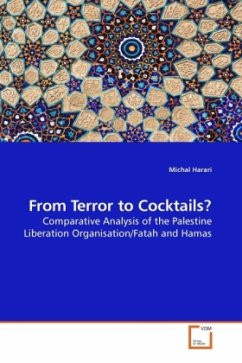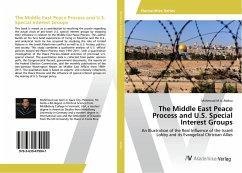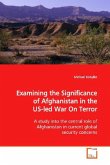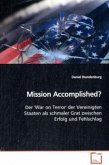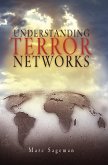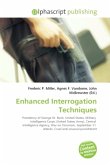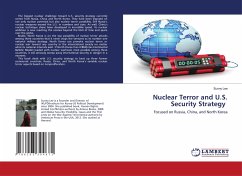The landslide victory of Hamas in the 2006 legislative elections has made the organisation one of the most prominent Islamic movements in the Middle East. Hamas now holds the key to the political future of Palestinian statehood. Its election victory ended the political hegemony of the secular Fatah-led PLO, which has been displaced by a movement identified with Islamic fundamentalism. The victory caused a political outcry throughout the Middle East and beyond, and has proven to be a watershed in Palestinian politics. This book provides an analysis of the history and development of the PLO/Fatah and Hamas. Both organisations are characterised by a history of alternate radicalisation and moderation, and by periods of violence and radical strategies, which have in turn been superseded by cycles of renouncing the violent path. The book analyses the emergence and evolution of the two organisations and their respective strategies and aims. It reveals the similarities and differences between the organisations and that their developments are intertwined in the course of their history. The book is worthwhile for both students and readers interested in Middle Eastern politics and history.

